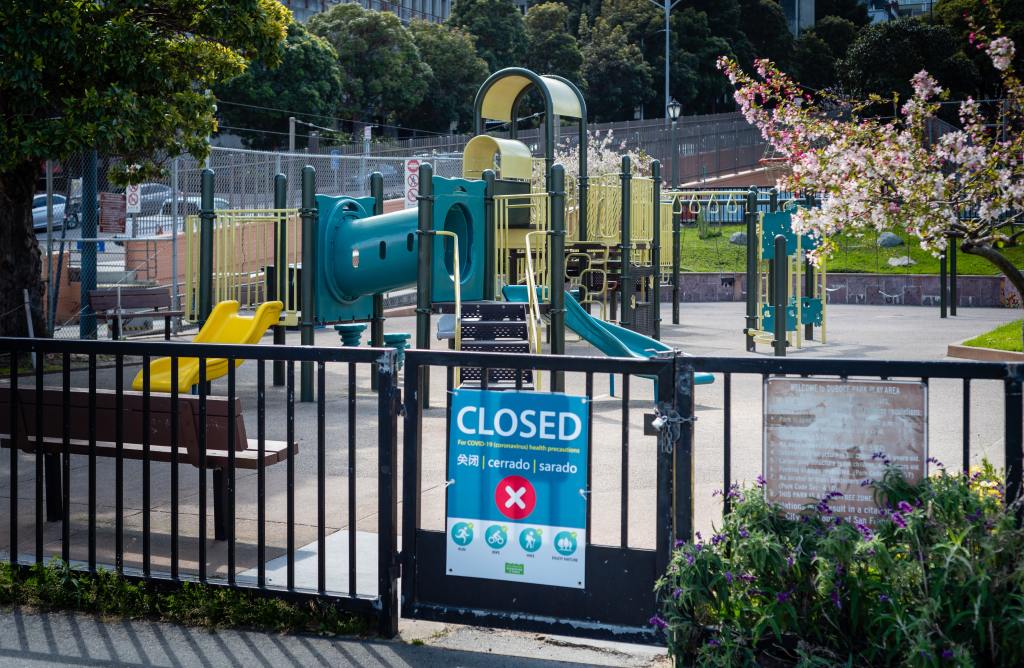Of Words and Challenges
June 7, 2023 Leave a comment
Photo by Jesse Orrico on Unsplash
Based on an actual conversation at breakfast, between two people, whom I will call Sally and Jim:
Sally: I got the word today on just 3 tries.
Jim: That’s great. What was the word?
Sally: Shout.
Jim: But that had none of your usual start letters.
Sally: And that was helpful. You learn a lot about the structure of words through this exercise, interesting things, especially about five-letter words.
Jim: That could make for a good educational tool, beginning with middle-school kids.
Sally: If you could get the kids actually to do it. They might find it too challenging these days.
Jim: Good point. Too many are quick to avoid challenge, and too many others quick to accommodate the evasion of challenge.
Sally: And unhurried to reward those who are willing to take on a challenge.
Jim: Education is supposed to be about challenge. Engaging challenge is a great way to learn. If you don’t, the more you evade challenge, the more challenges you will have.
Sally: There are challenges we can avoid, and should avoid. But life is challenging. It’s supposed to be. Challenges will come, looked for or not.
Jim: Yep. You can avoid some, but not all. The learning is in how to manage challenge, how to face it, and how to overcome it, if you can, and how to cope if you can’t.
Sally: Some of the biggest challenges come from those who are selling to people, especially young people, that they can avoid all challenge.
Jim: Who promise ‘challenge-free’ paths of life. They offer making this ‘The land of the safe, and the home of the careful.’
Sally: Where is the joy in that? The better path, the path of fulfillment, is in ‘The land of the free, and the home of the brave.’ Not only do we overcome challenges. . .
Jim: . . . and help each other face them . . .
Sally: We grow, and many things that once seemed challenges no longer are. Then we can take on bigger and better things, becoming stronger, more able, more fulfilled by accomplishment. All the while, more compassionate, kinder, more charitable. That is why God sent us here.
Jim: It’s in the scriptures, “there is an opposition in all things.” We discover the joy in life, find and live a joyful life. Not an easy life.
Sally: “Having no life,” without the challenge of opposition, as the scriptures teach. But very loud, persistent voices promise challenge-free, problem-free, easy lifestyles.
Jim: They promise. The challenges come as the promises are not kept, not delivered as advertised.
Sally: And then the challenges multiply—and accumulate, and hang around.
Jim: To be faced by a weakened people, in ‘The land of the safe, and the home of the careful.’
Sally: A life of constant challenge but few achievements. And plenty of frustration.”
Jim: Again, where is the joy in that life? A life missed.
Sally: Where has that ever worked? Nowhere.
Jim: In the end, not even for those who promised it. Life gone amiss.
Sally: That might be tomorrow’s word.


